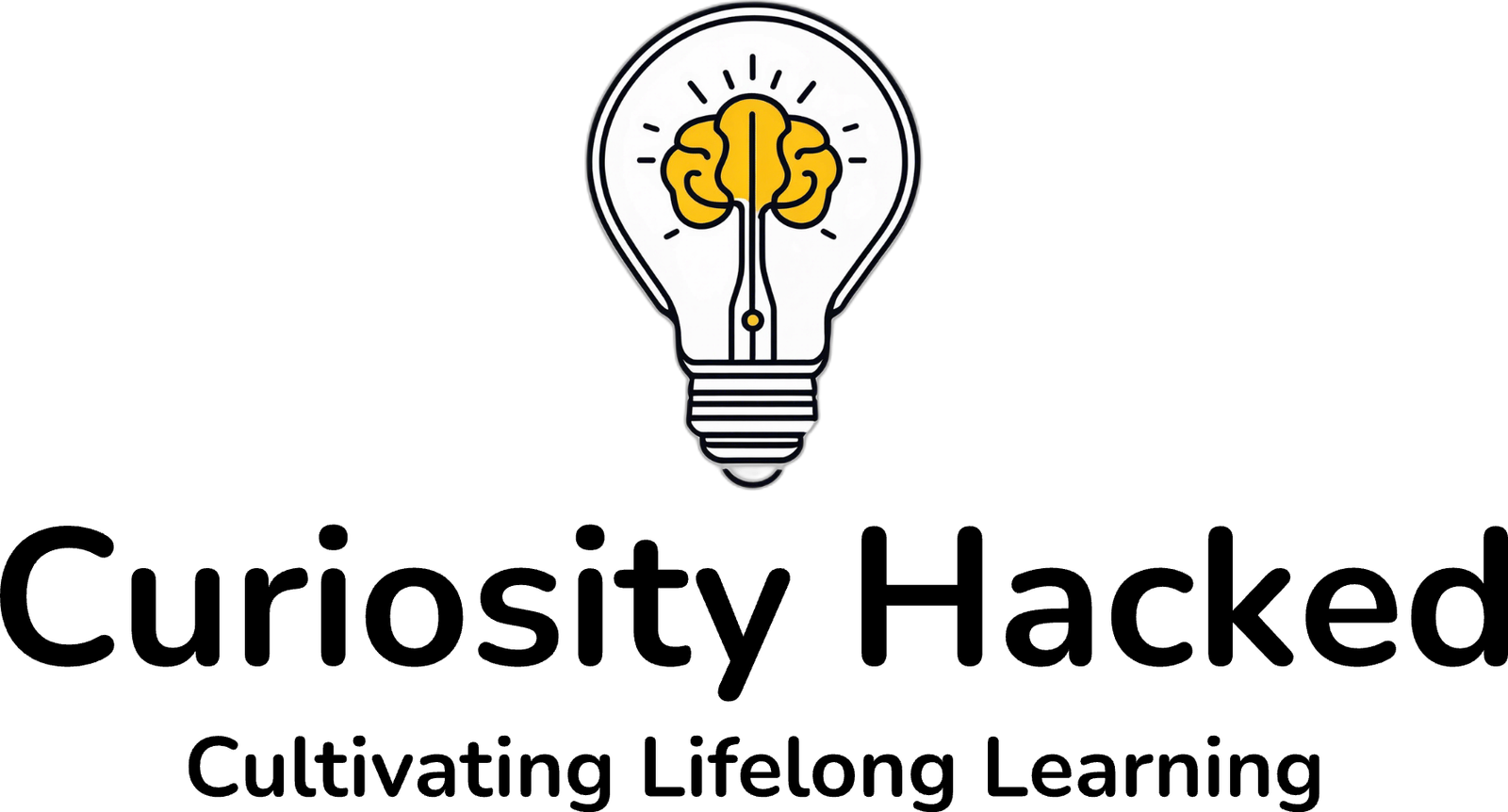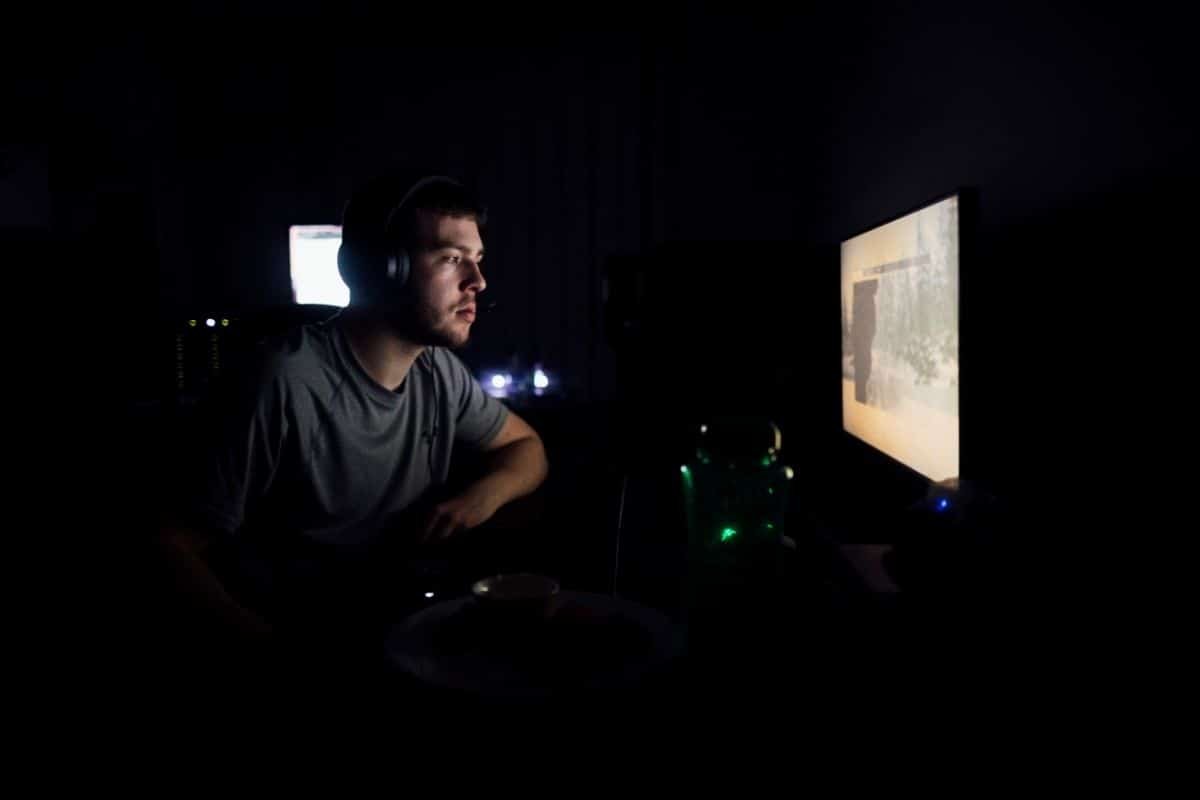Blue light is found everywhere. It’s part of our sunlight, and the body expects a certain amount of blue light every day. But while the natural rays of the sun can have positive effects, the bright lights from electronic devices are less beneficial.
If you want to learn more about blue light, and what kind of effect it can have on your health, take a look at this guide.
Blue Light: What Is It And How Does It Affect Our Eyes?
Blue light is something we’re all becoming more aware of. But although you’ve heard the warnings, you still might not know what blue light does to your eyes.
Blue light is light that has a shorter wavelength and a higher energy than other light colors. Blue light vibrates in the range of 380 and 500 nanometers and is found in both sunlight and artificial light sources.
The problem with blue light is that the eye is not particularly good at blocking it. The cornea and lens don’t filter out blue light effectively. This means that blue light can pass through these layers and reach our retina, where it can cause significant damage.
Blue light also creates visual noise. Due to the combination of short wavelength and high energy, blue light scatters more than other visible light. This leads to visual noise, which reduces contrast and causes eye strain.
5 Important Reasons Why You Should Be Wearing Blue Light Glasses
To counteract the blue light coming from our digital devices, you can now purchase blue light glasses. These look very similar to regular glasses, only rather than having prescription lenses, they have filtered lenses.
These are designed to block out blue light, so you can protect your vision while using your cell phone or computer.
Here are five reasons why you should use blue light glasses:
Reduce Eye Strain
Spending all day looking at the screen can leave you with aching eyes. Blue light glasses improve the contrast of your screen, so it’s easier to read, and you don’t have to strain your eyes. Concentration is improved, and you’re less likely to end the day with aching eyeballs.
Sleep Better
Looking at the blue light of the screen makes us feel awake, as it delays the release of sleep-inducing melatonin. Ideally, we should put away all screens for two hours before bed. But if this isn’t possible, the use of blue light glasses can reduce the disruption to our sleep cycles.
Avoid Dry Eyes
Trying to concentrate when your eyes are feeling dry is very difficult. You’ll find yourself blinking more and rubbing your eyes to get rid of the feeling. This not only breaks concentration but helps spread bacteria. Blue light glasses can help negate this effect.
Reduce Headaches
Looking at bright blue lights can cause painful migraines and worsen headaches. If blue light exposure is causing regular headaches, this can have a seriously detrimental effect on your wellbeing. By protecting your eyes with blue light glasses, you can prevent headaches from starting.
Long-Term Eye Protection
It’s normal to wear sunglasses to protect against bright sunlight, but we don’t always consider the other light sources in our lives. Frequent exposure to blue light can cause damage to the retina in the long term.
Best And Worst Light Sources For Your Eyes

Not all blue light is bad. In fact, a lot of blue light is found in sunlight, as well as our computer and phone screens. If you’re wondering which light is good for your eyes, take a look at our guide to the best and worst light sources.
Best light sources for your eyes:
- Incandescent Warm Light Bulbs. These traditional bulbs aren’t hugely energy efficient, but they do give out a warmer light with reduced UV rays.
- LED Bulbs. The energy-efficient LED bulb is available in warmer colors, not just blue, and can work with dimmer switches. They cost more upfront but should save money on energy bills in the long run.
- Compact Fluorescent Lights. CFLs are reasonably energy-efficient and produce fewer UV rays and a warmer light.
- Full Spectrum Lighting. Full-spectrum lights are designed to mimic natural sunlight, providing a light source that balances contrast with brightness.
- Natural Light Sources. If you can, try and get as much natural light as possible into your home and workspace. Keep the curtains and blinds open, and avoid turning on artificial lights when you can.
- Worst light sources for your eyes:
- Fluorescent tube lights. Few of us have good associations with the bright tube lights that are most typically found in offices and malls. They’re also bad for the eyes because of the high UV radiation they produce.
- Incandescent bulbs. Like fluorescent bulbs, incandescent bulbs should be avoided because of the high-UV output.
- Smartphone and computer screens. Many of us spend much of the day looking at computer screens, tablet screens, and smartphone screens. These produce a concentrated amount of blue light and can cause eye strain.
- “Cool” light sources. Bulbs that market themselves as “cool” should be avoided. Instead, look for warmer lighter sources, which reduce strain.
Do Blue Light Glasses Work: A Science-Based Analysis
Are blue light glasses scientifically proven? Research into blue light glasses is still ongoing, with scientific studies yet to come to a conclusion. Blue light glasses may offer some protection against eye strain, but they aren’t a definite solution.
It’s important that if you do wear blue light glasses, you don’t see them as the only safeguard for your eyes. Instead, limit screen time, keep the light levels balanced, use artificial tears to add moisture and avoid using screens before bed.
Although there’s no clear proof that blue light glasses are beneficial, there’s no evidence to suggest they can cause any harm.
Final Thoughts
The truth about blue light is this: it’s everywhere, and we need it. But too much exposure to blue light can lead to problems like headaches, fatigue, and even sleep disorders.
However, blue light isn’t all bad, and it’s an unavoidable part of everyday life. Avoid overexposure to blue light, and keep your eyes safe.









